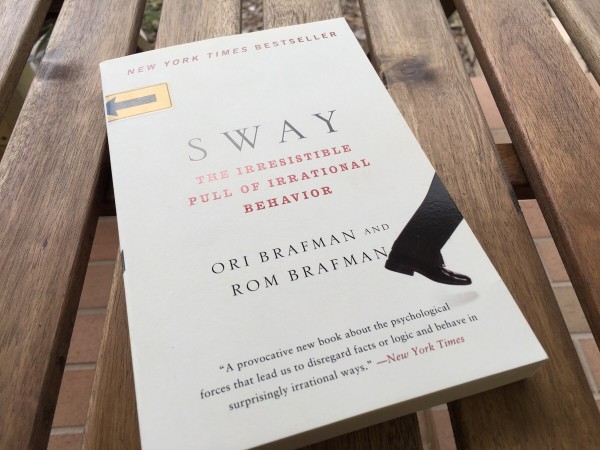Motivating ourselves is something that we all do. Like a palm tree with deep roots near a sandy beach that survives the brunt of storms year after year, you can nurture your learners to stay motivated. And in doing so, you can continue to see growth for free.
In the brilliant book Emotional Intelligence, Daniel Goleman describes seven key abilities most beneficial for human beings: the ability to motivate ourselves, to persist against frustration, to delay gratification, to regulate moods, to hope, to empathize, and to control impulses.
In this article, we’ll look at motivation (FI.I.A.K1c) and how it is affected by human needs (FI.I.A.K1d).
What is motivation?
The Aviation Instructor’s Handbook defines motivation as “the reason one acts or behaves in a certain way and lies at the heart of goals.” Motivation is the equivalent of a starter on an aircraft. It plays a part in driving the decisions that learners make so they can move forward. However, it isn’t always used.
In his book Tiny Habits, Dr. BJ Fogg says, “Motivation is like a party-animal friend. Great for a night out but not someone you would rely on to pick you up from the airport. You must understand its role and its limitations, then pick behaviors that don’t rely on such a fickle friend.”
What the author is suggesting, in other words, is that motivation is unreliable.
You know the feeling. It can appear at times but will also vanish unexpectedly in the toughest situations. One way to overcome this limitation is to get a glimpse of what is happening behind the scenes. [Read more…] about Motivation and human needs: How to keep learners moving forward


